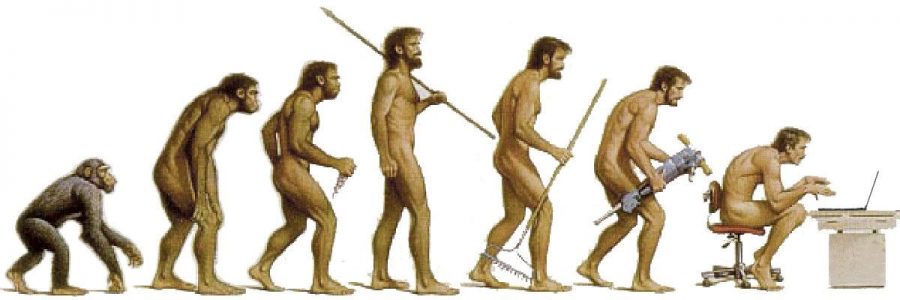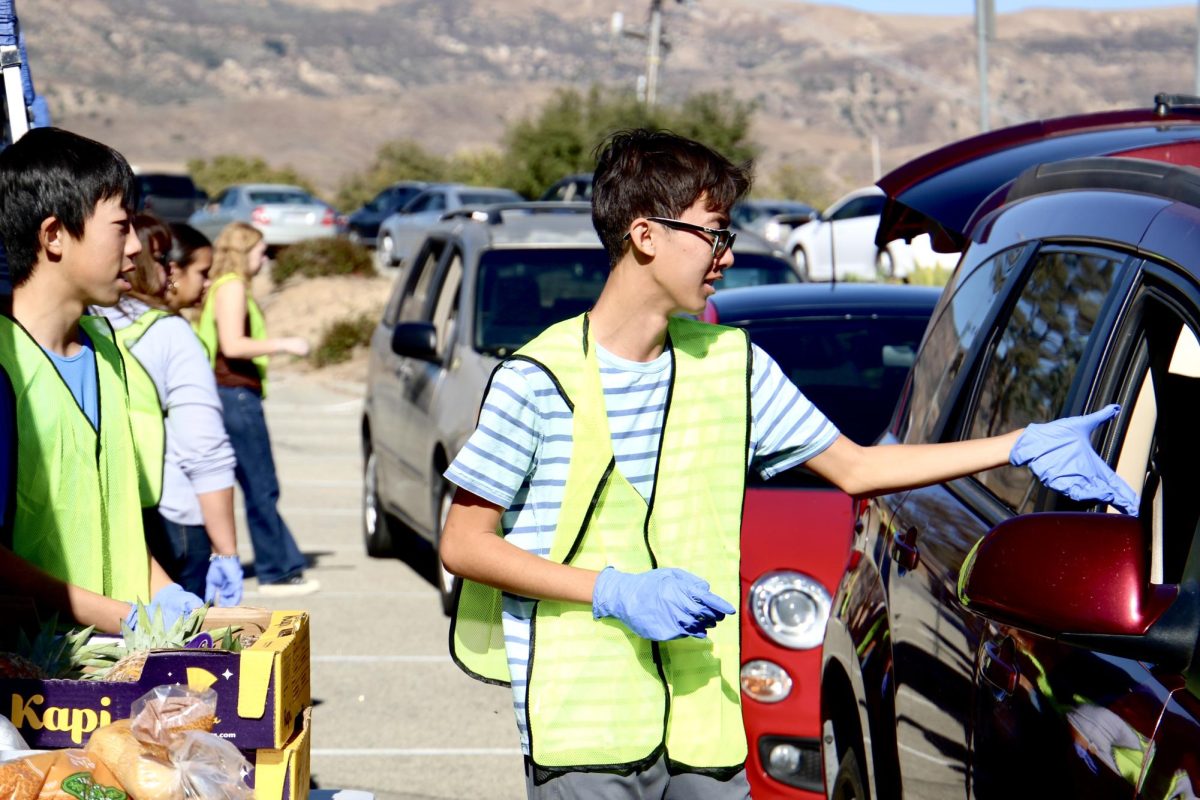One of the current repercussions of advanced technology in modern society, is the constant changing of social skills in the way people communicate and socialize, which ultimately creates a prolonged interaction with devices, rather than people.
In 1962, Canadian author Marshal McLuhan, expressed in his book “The Gutenberg Galaxy,” what he calls “electronic interdependence.” He describes a new age and explains how replacing visual culture with electrical media might impact people’s senses and interactions by creating a new social organization he named, “the global village”.
“Instead of tending towards a vast Alexandria library, the world has become a computer, an electronic brain, exactly as an infantile piece of science fiction,” wrote McLuhan in his book. “And as our senses have gone outside us, Big Brother goes inside.”
Although technology is an imperative tool for people to work more efficiently with, it is a fact that it could be harmful for those who constantly depend on them.
Governments in countries like Iran and Egypt have blocked cell phone and internet usage as a social control method during their civil protests.
Some experts believe that all of these changes are phases of a natural process that has been impacting people’s life since the first human ancestor showed up and fabricated tools for searching food.
The operating system of most modern devices negatively impacts human contact by altering sentence structures.
According to Robyn Liedtke, Educational Psychologist, interfering with the ability to write properly can cause misinterpretation especially among teenagers.
“Technology has impaired the development of age appropriate social skills in adolescents,” said Liedtke. “Students need to speak directly to each other more and/or avoid slang terms and abbreviations to improve their communication skills.”
Social networks such as Twitter and Facebook, in addition to attractive devices as iPods and iPhones, are not necessarily connecting people, but isolating them from reality.
Amanda Weaver, a 21-year-old kinesiology major, comments on the usage of such technologies.
“I like getting information without having to wait until I get home, but I also feel it’s bringing people further away from each other,” said Weaver. “All the kids have their iPods and iPhones, but no one talks to each other anymore.”
Jason Frank, IT Support Specialist, explains that all these changes brought by technology were necessary because even though some people have not adapted to the new era’s pace, their lives have improved due to it.
“I think today’s technology is revolutionary because information is available now instead of two or three days from now when is pushed out and delivered out to other people,” said Frank.
Technology is connected to incidents of distracted driving causing 500 thousand car accidents every year in the U.S., but it also affects the human body in other distinct ways, as Rachel Messinger, anthropology professor describes.
“Transportation technology has impacted the human body by leading to a greater incidence of osteoporosis because people are not as active as they used to be going from place-to-place,” said Messinger.
Scientists are studying the effects of electronic devices, such as cell phones and the human brain.
Misty Corontini, a 47 –year-old biology major, reflects on the changes and effects of both phenomenon.
“I think it is changing how our brains think and process,” said Corontini. “While this isn’t an evolutionary change as it is more a gradual personal change after one is born.”
On a contrary note, this technological revolution helps people from different parts of the world interact with each other in a way that would be unthinkable forty years ago.
Elizabeth Dille, Moorpark Campus Police Officer, makes a point about this new kind of human interaction.
“I think technology in some ways has brought the world as a whole,” said Dillie. “So people can communicate with other countries much easier. However, I also think that as technology is increasing, face to face interaction is diminishing.”
A consequence of the increasing popularity of these technological resources are the notorious value’s increment of companies related to digital communication, texting and computers.
Cal Liedtke, communications professor at Moorpark College, explains that this new technological era has transformed the way we socialize by texting and the use of images is shifting the focus to devices.
“People don’t listen very well nor do they speak very well,” said Liedtke. “Socially, we are allowing ourselves to become more deaf and mute in favor of being more visually promiscuous.”







